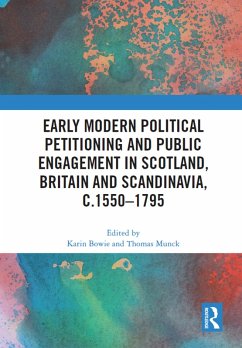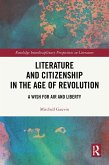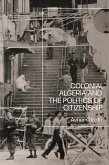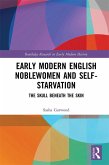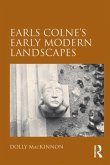A petition used to be a humble means of asking a favour, but in the early modern period, petitioning became more assertive and participative. This book shows how this contrasted to ordinary petitioning, often to the consternation of authorities. By evaluating petitioning practices in Scotland, England and Denmark, the book traces the boundaries between ordinary and adversarial petitioning and shows how non-elites could become involved in politics through petitioning. Also observed are the responses of authorities to participative petitions, including the suppression or forgetting of unwelcome petitions and consequent struggles to establish petitioning as a right rather than a privilege. Together the chapters in this book indicate the significance of collective petitioning in articulating early modern public opinion and shaping contemporary ideas about opinion at large.
The chapters in this book were originally published in the journal Parliaments, Estates & Representation.
Dieser Download kann aus rechtlichen Gründen nur mit Rechnungsadresse in A, B, BG, CY, CZ, D, DK, EW, E, FIN, F, GR, HR, H, IRL, I, LT, L, LR, M, NL, PL, P, R, S, SLO, SK ausgeliefert werden.

